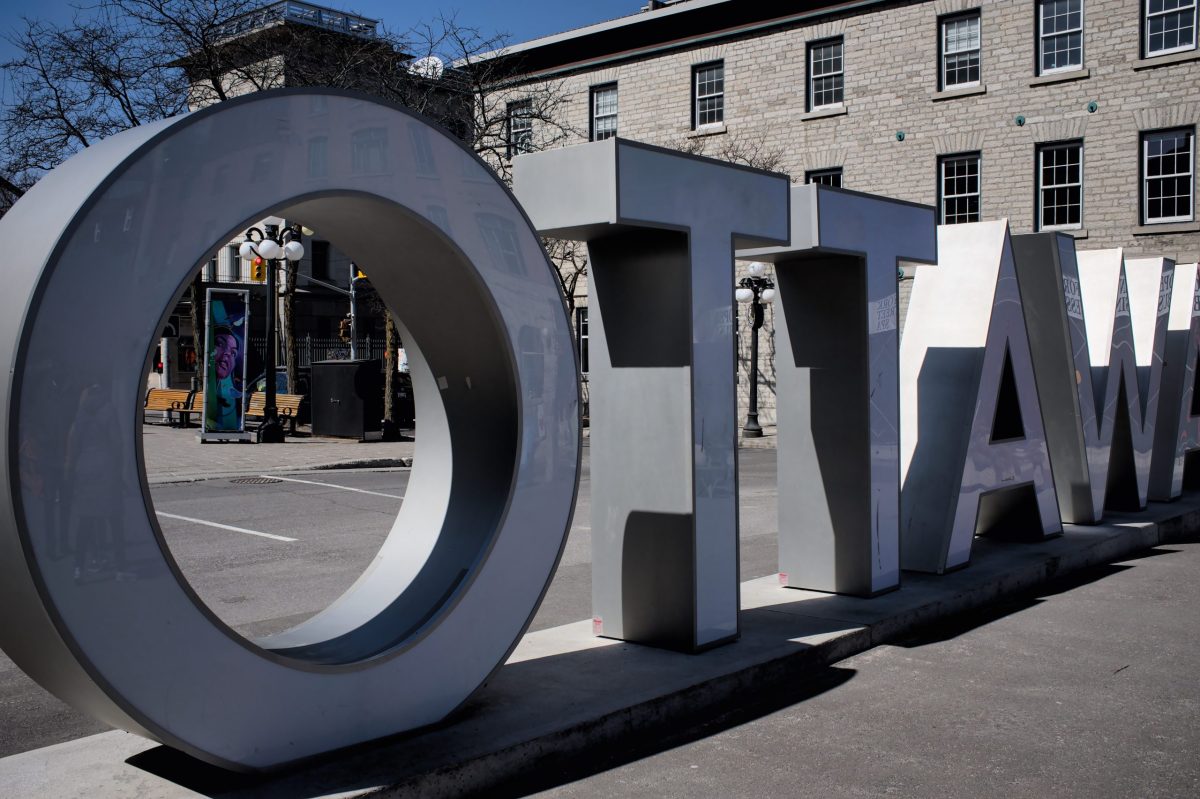
The Legal Aspects of Being a Freelancer in Ottawa
If you haven’t had the luxury of flexible work hours or working from home like certain workers in Canada after the pandemic, you might have considered dipping your toes into the freelancing world. After all, the perks are manifold – you can be your own boss, set your own hours, and, in a best-case scenario, work on projects that pique your passion.
As enticing as freelancing might be, there’s a slight catch – or rather a couple of them: it comes with a new set of tax obligations, potential business structure considerations, and compliance standards you can’t ignore. Even in such a forward-thinking province as Ontario, where progressive social policies, cultural diversity, and even advertising for iGaming deals like no-deposit offers on casinos.com are embraced, the tax and legal aspects can be restrictive. With a better understanding, however, the freelance waters can easily become less harsh.
How is the Freelance Market in Ottawa?
As we’ve seen a rise in the gig economy and more workers seeing value in a better work-life balance, it’s obvious that work culture has shifted, and we’ve become more flexible as Canadians. Many businesses choose to hire freelancers to access a broader talent pool and reap the benefits of reduced overhead, and it’s no different in Canada’s vibrant capital. The good news is that if you plan to become a freelancer in Ottawa, you can work for companies and clients based practically anywhere in the world, so long as you know how to handle your taxes and compliance obligations.
Do I Need a Business Structure?
Once you provide a service or sell a product and receive money for it, you’re considered a freelancer or a self-employed person. As a freelancer, you aren’t treated like a traditional employee would. You have a certain level of autonomy and separation from the business or client you work with, no matter whether you’re under a long contract or simply completing a one-time project. So, does that mean you have to register as a business? Luckily, you won’t have to worry about all of that unless you’re looking to operate under a name other than your legal name or until you make over $30K a year.
Most freelancers are considered “sole proprietors,” which consist of one person who handles all the business decisions independently. With this business structure, you pay personal income tax on your earnings. This status is entirely different from more complex structures like corporations and partnerships. If you bring others on board or make income past $100K, you might want to consider incorporating to keep your business and personal finances separate. That’ll help you remove any risks relating to your own assets.
For example, if you’ve become a freelance graphic designer in Ottawa and your client base has grown massively over the last five years, it might be a good time to move from sole proprietor to corporation. With a higher income and high-profile clients to deal with, that new formalized business structure can help protect you against legal claims, take advantage of tax deductions only for corporations, and become a more credible entity.
Tax Obligations as a Canadian Freelancer
Taxes are often what confuse and potentially put off new freelancers. Instead of receiving a neatly outlined T4 before tax season, many freelancers either have to deal with multiple T4s or handle invoicing and financial management all on their own. Within the tax sphere, there are four major components to take note of – deductions of business expenses, income tax, GST/HST, and tax filing deadlines.
There’s no evading the fact that the taxes you incur as a freelancer can be much higher than a regular employee. One of the main reasons is that self-employed workers are responsible for both employee and employer CPP (Canada Pension Plan) contributions, and the second is that you may need to charge GST/HST sales taxes if you make over $30K in revenue (and provided your products and services are supplied to Canadian, rather than foreign, consumers). For this, you’ll need to register for a GST/HST number on the CRA website, but not before registering your business as a sole proprietorship (it’s free – and simply provides you with an official business number). If your clients or customers aren’t located in Canada, your goods are considered “zero-rated,” and you won’t have to collect this (but you will still have to file a GST/HST form).
All freelancers should also claim as many business expenses as possible that qualify as deductibles, which can provide a pleasant tax break. And unlike the typical April 30th deadline for individual tax returns, self-employed people have until June 15th to file. Especially if you’re new to all of these tax rules, hiring a professional accountant can ensure you haven’t missed anything by the deadline.
Staying Compliant with Employment Standards
Although freelancers don’t have as many obligations to those who hire them, there are still important employment standards to operate ethically and legally. For example, freelancers in Ottawa still need to make sure they’re getting paid at least the minimum wage set by the provincial government. With a minimum of $17.20 effective October 1, 2024, they need to abide by this rule unless there are special exemptions in place.
Freelancers also need to be responsible and mindful of their work hours and draw up proper contracts with their clients. With no boundaries on work hours like their employee counterparts, they run the risk of overworking or getting taken advantage of by clients. Contracts can help with that by outlining overtime rates, payment terms, and contract expectations so that the freelancers receive fair compensation for their work and are not exploited.
Photocredit: Pixabay













